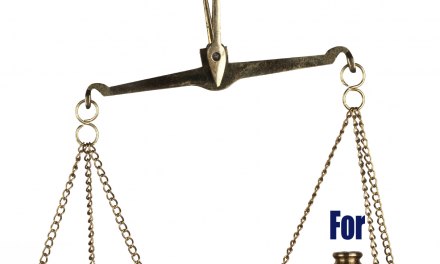Why does the person with alcoholism resist change even when his life is falling apart, his health is deteriorating, after jobs and relationships and even freedom has been sacrificed?
In part, because he recalls how good it once made him feel.
How Alcoholics Think About Drinking
To the family, alcohol may seem like the cause of problems. But to the alcoholic person, it remains a friend. Most are able to summon up a positive memory of the way things used to be, before the problems set in. Psychologists sometimes call it euphoric recall. Every addicted person has a fund of positive experiences that counter the reality of his current relationship with the drug.
Besides, there are powerful social barriers to seeking help:
Stigma
Society traditionally views the alcoholic / addicted person as an inferior. Would you acknowledge alcoholism if you regarded it as an admission of moral and psychological inferiority?
Defenses
Denial, rationalizing, minimizing, externalizing and the rest — all prevent the person with alcoholism from recognizing the extent and severity of addiction.
Enabling
Addicted and alcoholic people rely on the helpfulness of others — who worry that if they don’t help, something worse will happen. But the consequences from which we protect them are the most powerful reasons to change.
We can’t ‘fix’ the alcoholic or addicted person. But we’re not powerless, either. There are things we can do (and refrain from doing!) that may directly increase their motivation for recovery.














The concept or label of ‘alcoholic’ itself can be highly stigmatising, as well as medically questionable versus dependence. I would always seek to avoid labelling someone else as ‘alcoholic’ – instead dependent or problem drinker. Of course if someone chooses that term themself there is no issue, but would still attempt to avoid reinforcing an idea that often fuels stigma and helplessness.
Thanks, Scot, but it seems to me that if the brain was so completely a captive to addiction, addicts and alcoholics wouldn’t be able to seek treatment on their own — which they do, in great numbers, every day (although they’re frequently unable to locate it.) The pain of addiction, including withdrawal, is often what drives them to seek that help. That constitutes a highly appropriate decision made by a person with an addicted brain.
Family intervention and support can have a positive effect in tipping the balance towards treatment and away from continued use. A lot depends on the way the family responds to the addict’s behavior.
This is highly inaccurate. The primary reason addicts and alcoholics are unable to ask for or receive help is that the addicted brain’s chemistry has been altered. Those areas which control rationalized decision making and judgment are impaired and, in many cases, damaged. The addict is simply incapable of making what seems to others to be appropriate decisions.
A long-term addict rarely uses to get “high.” After years of daily use, the brain’s receptors become so dependant on artifical chemicals, that using a drug merely brings the addict back to a feeling of normalcy. The agony of withdrawal is so acute, that even just the fear of it is enough to keep a miserable addict using even when they realize they are perpetuating a nightmare.